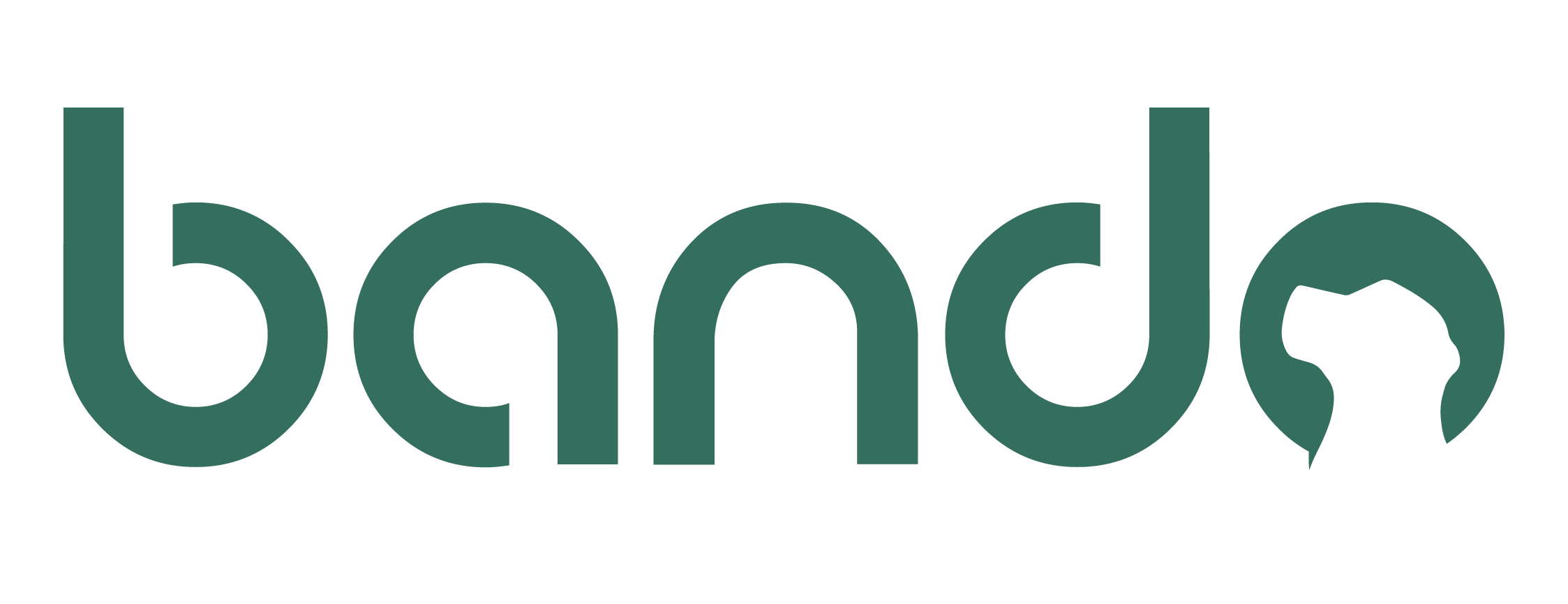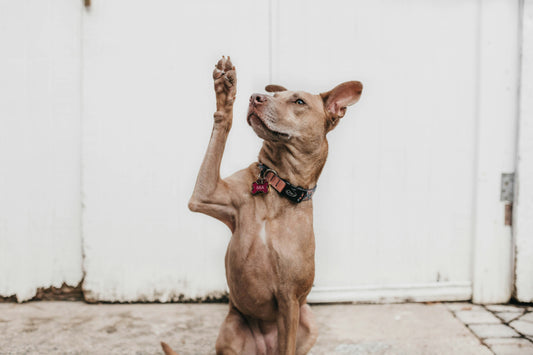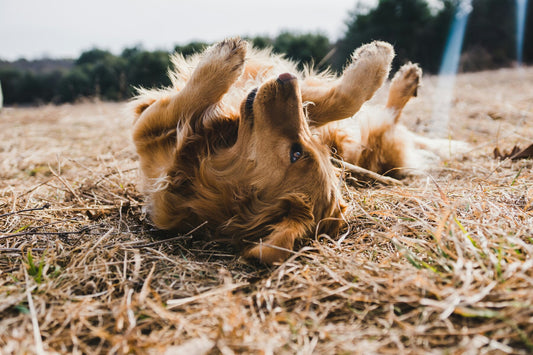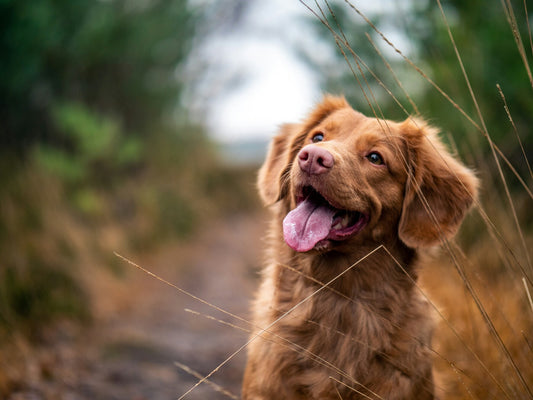What to Feed a Sick Dog with No Appetite
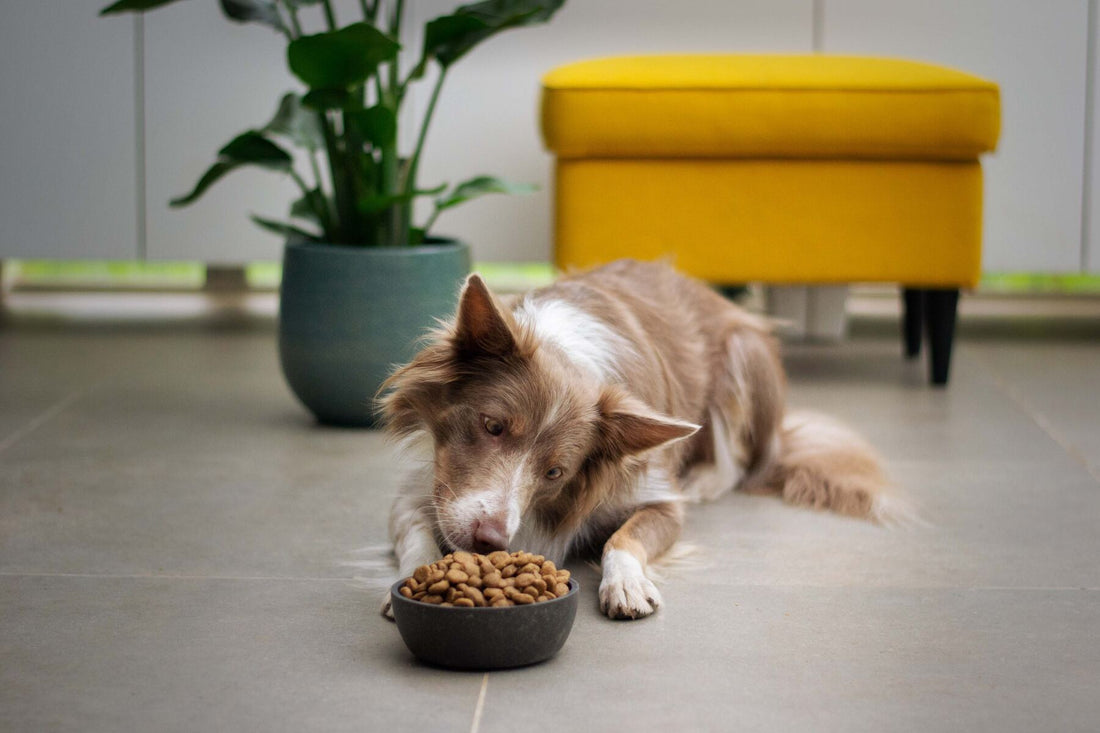
When your dog gets sick, it’s not just their energy that takes a hit; often, their appetite disappears too. Understanding what to do when your sick dog turns away from their food bowl is crucial for their recovery.
In this article, we’ll give you nutrition tips specifically tailored for those times when your dog is under the weather and their usual diet just doesn’t appeal. Keep reading to discover how to navigate this situation and make sure your dog gets the nutrition he needs to bounce back to their playful, healthy self.
What Causes a Loss of Appetite in Sick Dogs
When a dog gets sick, it’s common for their appetite to diminish. This loss of interest in food can stem from various factors, ranging from the discomfort of the illness itself to the side effects of medication. For instance, conditions like an upset stomach or infections can make eating unappealing, while certain drugs might cause nausea or a change in taste, further reducing their desire to eat.
The Impact of Appetite Loss on Dog Health
Appetite loss in dogs, especially when prolonged, can have significant health implications. It can potentially lead to a rapid decline in overall health. When dogs don’t eat enough, they miss out on essential nutrients needed for healing and maintaining strength. This can lead to weight and muscle loss, as well as a weakened immune system, making them more susceptible to other health issues.
Moreover, for a sick dog, the lack of nutrition can directly impact their recovery process. Nutrients play a vital role in healing and fighting off illness. Without adequate food intake, your dog’s body may struggle to repair itself and combat the illness effectively. This can result in a slower recovery or even complications in their health condition.
Signs Your Dog May Be Experiencing Appetite Loss
Recognizing the signs of appetite loss in your dog is crucial for addressing the issue promptly. Here are key indicators to watch for:
- Lack of Interest in Food: Your dog may sniff their food and walk away, or start eating but leave most of the meal untouched. A sudden change in eating behavior is a clear warning sign.
- Weight Change: A decrease in appetite often leads to weight loss. This can happen gradually or rapidly, depending on the severity of the appetite loss.
- Decreased Energy Levels: A dog not eating enough may become lethargic. Look for a drop in enthusiasm for activities they usually enjoy, such as playing or going for walks.
- Behavioral Changes: Monitor your dog’s overall behavior for signs of illness or discomfort. Symptoms like vomiting or diarrhea could be causing their reduced appetite.
It’s essential to keep a close eye on your dog’s eating habits and overall health. Early identification of issues allows for timely intervention. If you’re ever in doubt, a consultation with a veterinarian is the best course of action to ensure your dog’s stomach is healthy and to keep their overall well-being in check.
Nutrition Suggestions for a Sick Dog with No Appetite
When your dog is sick and has lost their appetite, finding the right food to entice them to eat is crucial. Here are some suggestions:
- Easily Digestible Foods: Start with bland, easily digestible foods like boiled chicken, rice, or plain pumpkin. These foods are gentle on the stomach and can be more appealing to a sick dog.
- Small, Frequent Meals: Instead of two large meals, offer smaller portions more frequently throughout the day. This can be less overwhelming for a dog with a reduced appetite.
- Warming Up Food: Slightly warming your dog’s food can enhance its aroma and make it more palatable. Ensure it’s only warm, not hot, to avoid burning your dog’s mouth.
- Hand-Feeding: Sometimes, the personal touch of hand-feeding can encourage a dog to eat. It also strengthens your bond and provides comfort.
- Baby Food: In some cases, replacing dog food with baby food can be a good temporary option. Choose flavors that are safe for dogs, and ensure there are no harmful additives like onion or garlic powder.
Remember, while these tips can help, it’s important to consult with your veterinarian, especially if your dog’s appetite doesn’t improve. They can provide specific advice tailored to your dog’s health needs.
The Role of Hydration in Sick Dogs
Hydration is a critical aspect of caring for a sick dog, especially when they’re experiencing a loss of appetite. Here’s why keeping your dog well-hydrated is essential:
- Maintaining Bodily Functions: Water is vital for the proper functioning of every cell in the body. It helps your dog’s digestive tract stay healthy for optimal nutrient absorption, temperature regulation, and waste elimination.
- Preventing Dehydration: When dogs are sick, they are at a higher risk of dehydration, especially if they are vomiting or have diarrhea. Dehydration can worsen their condition and delay recovery.
If your dog is reluctant to drink water, try offering ice cubes to lick, or add water or a low-sodium broth to their food. This not only provides hydration but also makes the food more appealing.
Keep an eye on your dog’s hydration by checking for signs of dehydration. These can include dry gums, lethargy, and a loss of skin elasticity. If you suspect your dog is dehydrated, contact your vet immediately. In some cases, your vet may recommend hydration aids or electrolyte solutions, especially if your dog is not drinking enough water on their own.
When to Consider Veterinary Intervention
It’s essential to recognize when your dog’s loss of appetite warrants a visit to the veterinarian. Prolonged appetite loss, lasting more than 48 hours, should be a signal to seek professional advice. This extended period without proper nutrition can lead to significant health issues, and a vet’s intervention might be necessary to identify and address the underlying cause.
Another critical sign that demands veterinary attention is visible weight loss. If your dog shows noticeable weight reduction in a short period, it’s a clear indication that their nutritional needs aren’t being met adequately. In such cases, a vet can provide specialized care, including treatments like feeding tubes for severe cases or prescribing appetite stimulants to encourage eating.
Moreover, if your dog’s health seems to be deteriorating, marked by symptoms like increased lethargy, vomiting, diarrhea, or other concerning signs, immediate veterinary care is required. Sometimes, the root cause of appetite loss might not be apparent to you, and a vet’s expertise is crucial for an accurate diagnosis. They can conduct various tests to determine the exact issue and suggest the most appropriate treatment.
Nutritional Supplements for Sick Dogs
When your dog is sick and experiencing a loss of appetite, nutritional supplements can play a vital role in maintaining their health. Supplements are particularly beneficial in ensuring that your dog receives essential nutrients, even when their food intake is minimal. However, it’s crucial to choose the right supplements that cater to your dog’s specific needs during illness.
- Multivitamins: A comprehensive multivitamin can help fill nutritional gaps when your dog isn’t eating their regular diet. These vitamins can support various body functions, including the immune system, which is crucial during illness.
- Probiotics: Probiotics are beneficial for dogs with digestive issues. They help maintain a healthy balance of gut bacteria, which can be disrupted by illness or medication. Probiotics can aid in digestion and improve nutrient absorption, which is vital when your dog’s appetite is reduced.
- Omega-3 Fatty Acids: Supplements containing omega-3 fatty acids, like fish oil, can support your dog’s immune system and reduce inflammation. This is especially helpful for dogs suffering from conditions that cause discomfort or pain, which might be contributing to their lack of appetite.
- Appetite Stimulants: In some cases, your veterinarian might recommend appetite stimulants. These supplements can encourage your dog to eat, but they should only be used under veterinary supervision.
It’s important to consult with your veterinarian before introducing any new supplements into your dog’s diet. They can recommend specific products based on your dog’s health condition and dietary needs. Additionally, while supplements can be beneficial, they should not replace a balanced diet. As your dog’s health improves and their appetite returns, gradually reintroducing their normal diet is essential for long-term health and well-being.
Long-Term Dietary Management for Recovery
Managing your dog’s diet during and after recovery from an illness is crucial for their overall health and well-being. As your dog starts to regain their appetite, it’s important to reintroduce their regular diet gradually and monitor their response to different foods. Here are some key considerations for long-term dietary management:
- Gradual Reintroduction of Regular Diet: After a period of reduced appetite, it’s important not to overwhelm your dog’s digestive system. Start by mixing small amounts of their regular food with the bland, easily digestible foods they’ve been eating. Gradually increase the proportion of their regular diet over several days.
- Monitoring for Dietary Sensitivities: Pay close attention to how your dog reacts to reintroducing their normal diet. If they show signs of discomfort, such as an upset stomach or loss of appetite, consult your veterinarian. They may have developed sensitivities or require a special diet for a certain period.
- Balanced Nutrition: Ensure that your dog’s regular diet provides all the necessary nutrients for their continued health and recovery. A balanced diet should include the right proportions of proteins, fats, carbohydrates, vitamins, and minerals.
- Regular Veterinary Check-ups: Regular check-ups with your veterinarian are important to monitor your dog’s recovery and overall health. Your vet can provide guidance on the best diet for your dog based on their specific health needs and any ongoing conditions.
- Adaptation to Changing Needs: As your dog recovers, their nutritional needs may change. Be prepared to adapt their diet to support their ongoing health, especially if they have been through a significant illness. This might include adjusting calorie intake, adding supplements, or switching to a diet that supports specific health conditions.
Remember, every dog is unique, and what works for one may not work for another. Always consult with your veterinarian before making significant changes to your dog’s diet, especially when they are recovering from an illness. With the right dietary management, you can help your dog regain their strength and return to their happy, healthy self.
Conclusion
In this article, we’ve explored the critical aspects of managing a sick dog’s diet, especially when they experience a loss of appetite. From understanding the causes and impacts of appetite loss to practical feeding tips and the role of hydration, we’ve covered a range of strategies to help your furry friend during their recovery. Nutritional supplements can play a vital role in this process, providing essential nutrients when regular food intake is low.
At Bando, we understand the challenges you face when your beloved pet is unwell. That’s why we offer a wide range of quality supplements, dehydrated treats, and care products designed to support your dog’s health and recovery. Our products are formulated to meet the highest standards, ensuring your pet gets the best possible care during their time of need.
Browse our extensive catalog of supplements and care products for pets, and if you need assistance or have any questions, our team is always here to help. Together, we can ensure that your dog not only recovers from their current health challenge but also enjoys a vibrant, healthy life moving forward.
